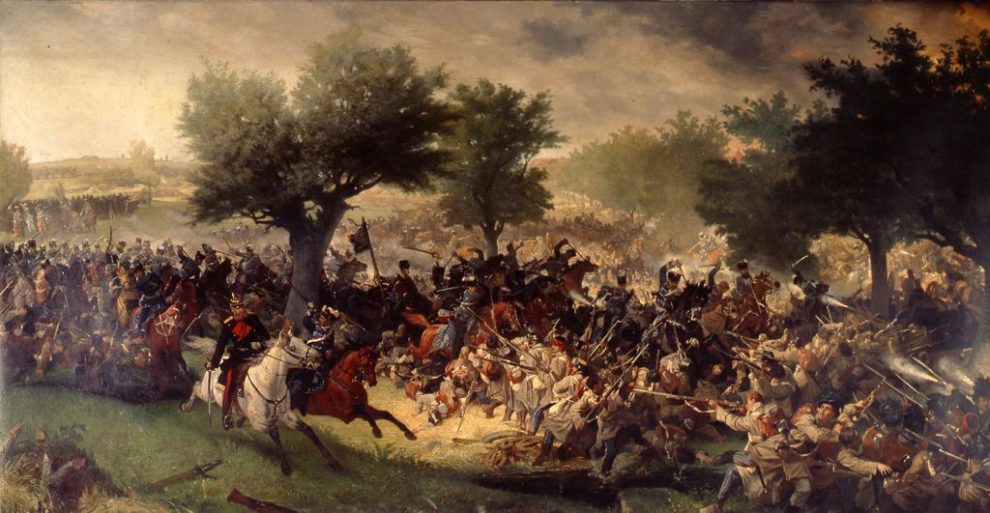The Austro-Prussian War, also known as the Seven Weeks’ War, was a conflict that took place in Central Europe in 1866. This war, fought between the Austrian Empire and the Kingdom of Prussia, had far-reaching consequences for the region and marked a turning point in the balance of power in Europe. In this article, we will explore the causes, key events, and outcomes of the Austro-Prussian War.
Causes of the War: The roots of the Austro-Prussian War can be traced back to the German Confederation, a loose association of German states led by Austria. The Kingdom of Prussia, under the leadership of Prime Minister Otto von Bismarck, aimed to unify Germany under Prussian dominance. However, Austria stood as the major obstacle to this goal due to its influence and power within the Confederation.
Tensions between Austria and Prussia escalated when they clashed over their conflicting ambitions in the Danish duchies of Schleswig and Holstein. Bismarck skillfully manipulated this dispute and maneuvered Prussia into a favorable position. By forming alliances with other German states, such as Italy, Bismarck isolated Austria and prepared for a military confrontation.
Key Events of the War: The Austro-Prussian War began in June 1866 when Prussia declared war on Austria. Prussia, led by its renowned military strategist General Helmuth von Moltke, swiftly mobilized its forces and launched a series of successful offensives. The Prussian army demonstrated superior organization and utilized advanced weaponry, including the needle gun, a breech-loading rifle that gave them a significant advantage over the Austrians.
The Battle of Königgrätz, fought on July 3, 1866, was a decisive moment in the war. The Prussian army, numbering around 220,000 troops, faced off against an Austrian force of approximately 240,000 soldiers. Through innovative tactics and disciplined maneuvers, the Prussians managed to defeat the Austrians, resulting in heavy casualties on both sides. This victory effectively shattered Austrian dominance and paved the way for Prussian hegemony in Central Europe.
Outcomes of the War: The Austro-Prussian War had several significant outcomes that reshaped the political landscape of Europe. Firstly, the Peace of Prague, signed in August 1866, formalized the end of hostilities between Austria and Prussia. As a result, Austria was forced to cede the territories of Venetia to Italy and relinquish its influence over the German Confederation. The Confederation was dissolved, and a new North German Confederation, led by Prussia, emerged in its place.
Furthermore, the war had long-term implications for German unification. The victory of Prussia over Austria demonstrated the superiority of Prussian military might and paved the way for the creation of a unified German state. In 1871, just five years after the Austro-Prussian War, the German Empire was proclaimed, with King Wilhelm I of Prussia as its emperor. Bismarck’s ambition for a united Germany had been achieved, and Prussia emerged as the dominant power in the newly formed nation.
In conclusion, the Austro-Prussian War was a pivotal moment in European history, marking the ascendancy of Prussia and the decline of Austrian influence. Through superior military tactics and political maneuvering, Prussia emerged victorious, leading to the formation of a united Germany under Prussian leadership. The consequences of this conflict reverberated throughout Europe, shaping the balance of power for years to come



















Add Comment